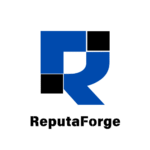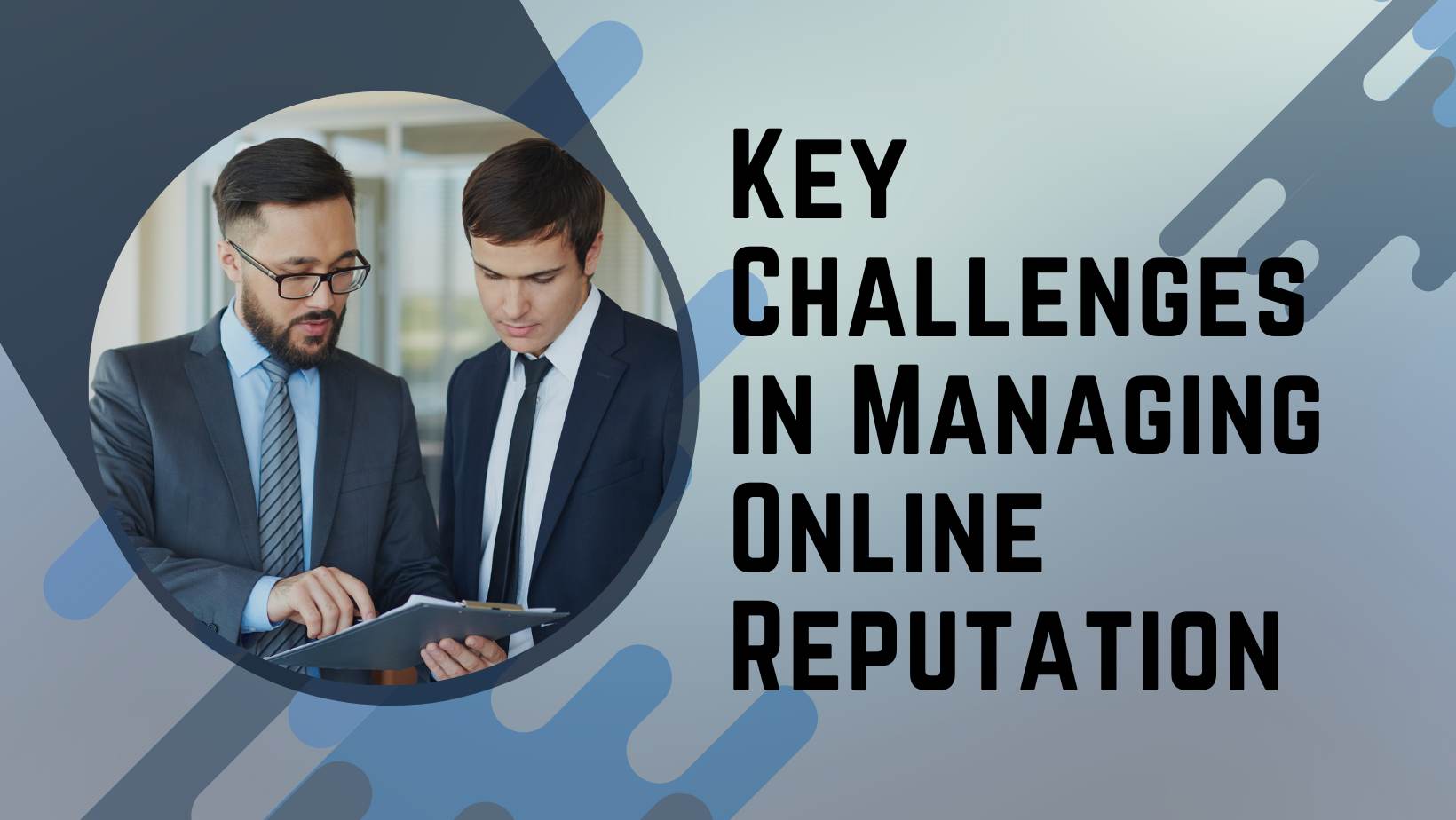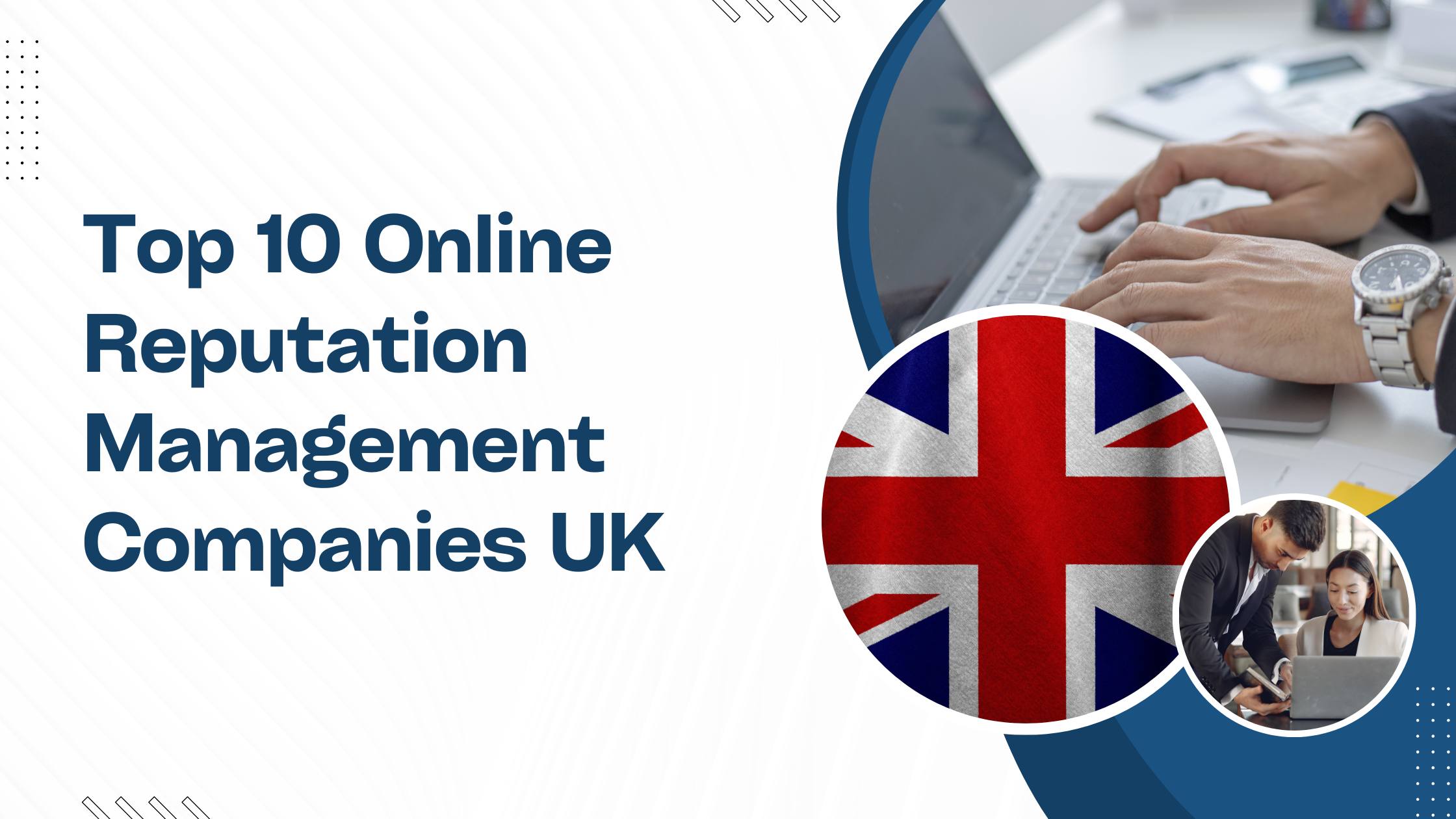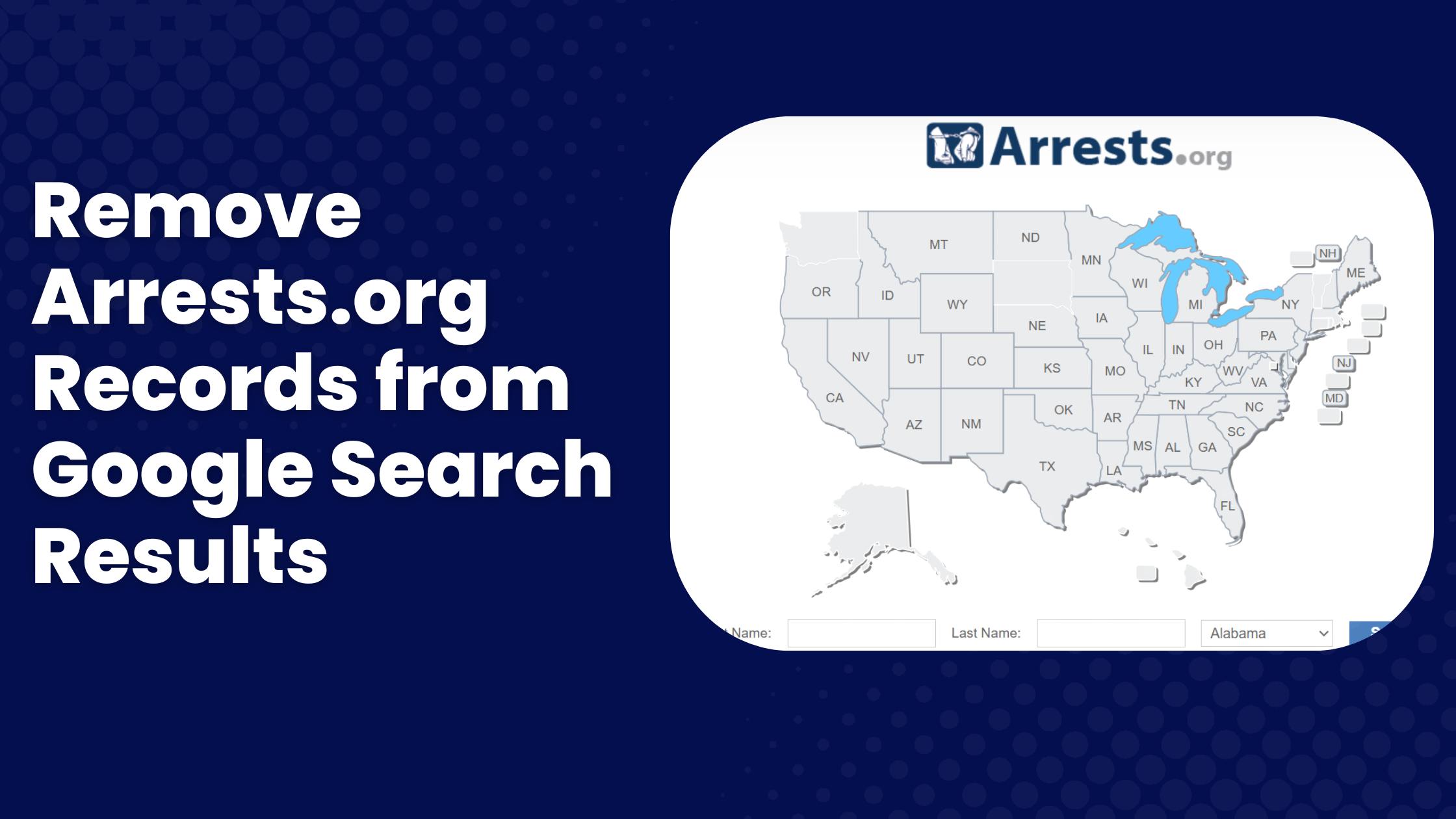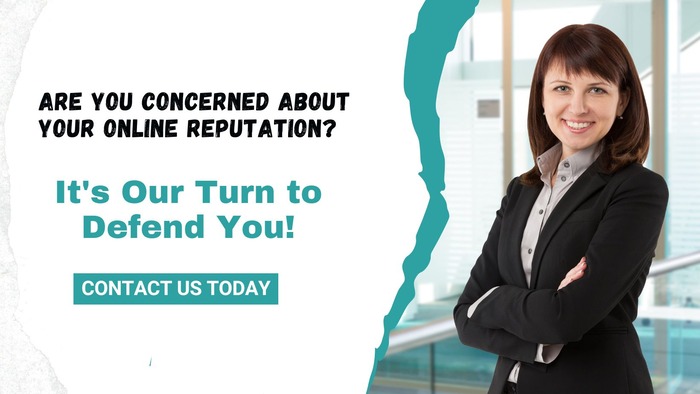A brand can spend years building a solid reputation, but one negative article, a misguided review, or a misleading blog post can instantly overshadow all those positive efforts. Managing online reputation has become one of the most critical aspects of sustaining business credibility, trust, and long-term growth. What makes it truly complex is the dynamic nature of digital spaces. Search engines, social platforms, review websites, and blogs all have their ecosystems where reputation plays out.
Companies that underestimate the power of their digital image often realize their mistake only after a crisis hits: a controversial story being picked up by news aggregators, bad press highlighted on Google’s first page, or competitors capitalizing on old issues. The challenge lies not only in addressing negative information but in maintaining a strategic, consistent presence that outweighs the bad with authentic, positive narratives.
Table of Contents
- Why You Need to Take Your Online Reputation Seriously
- How a Bad Reputation Kills Brand Value
- Key Challenges in Managing Online Reputation – And How to Address Them
- 1. Slow Ranking of Positive Profiles
- 2. Frequent Appearance of New Negative Links
- 3. New Comments on Negative Links
- 4. Slow Pace in Producing Positive Links
- 5. Losing Trust and Declining Business
- 6. Following a Poor Strategy
- 7. Competitors Leveraging Negative Information
- 8. Budget Limitations
- 9. Hiring ORM Companies With Limited Expertise
- Conclusion
- FAQs
Why You Need to Take Your Online Reputation Seriously
Research shows that consumers form an opinion about a business after reading fewer than ten reviews. Meanwhile, over 90% of people trust online reviews as much as personal recommendations. For B2B and service-driven industries, a single negative page ranking high on Google can cost valuable contracts.
In short: Your online reputation is not just about vanity—it directly affects your revenue stream. A strong reputation builds trust, attracts clients, fuels word-of-mouth, and strengthens authority in your niche. Conversely, a weak digital footprint or unchecked negativity communicates incompetence, unreliability, or lack of concern, slowly eating away at real opportunities.
How a Bad Reputation Kills Brand Value
When negativity dominates search results or social discussions, it triggers a domino effect:
- Trust Declines – Customers hesitate to engage, fearing a bad experience.
- Conversions Drop – Even paid marketing campaigns underperform because skeptical users quickly Google your name before purchasing.
- Competition Wins – Rival brands use your negative search presence against you, positioning themselves as more credible.
- Talent Acquisition Suffers – Skilled candidates avoid applying to companies with bad press, shrinking your talent pool.
In some cases, what begins with a small issue snowballs into a bigger disaster because it stays unaddressed for too long. For instance, an unresolved customer complaint might spark negative reviews, leading to negative SEO, then to mainstream media coverage. This chain reaction severely damages long-term brand equity.
Key Challenges in Managing Online Reputation – And How to Address Them
1. Slow Ranking of Positive Profiles
Most ORM agencies create blogs, websites, or secondary profiles to overshadow negative content. However, many of these assets are built on low-authority platforms, meaning they take a painfully long time to rank. By the time these assets gain traction, the negativity often spreads wider, nullifying the effort.
ReputaForge identify high-authority, search-friendly platforms that rank fast. We leverage sites that Google already favors and ensure they have the technical health and optimization needed to rank quickly. This ensures faster results and longer-lasting rankings.
2. Frequent Appearance of New Negative Links
Even if one negative result is buried, another might pop up. From new review posts to industry blogs picking up old stories, negative content has a tendency to resurface.
Solution: The approach should not only suppress but outpace negativity. ReputaForge tracks new mentions in real time, using monitoring tools to ensure no fresh issue goes unnoticed. We handle emerging negativity before it snowballs, ensuring the first page of Google remains insulated.
3. New Comments on Negative Links
Silent or inactive negative articles sometimes suddenly get revived, either by genuine readers or by posting fresh comments. This pushes the negative content higher in relevance again.
Solution: Our strategy includes minimizing engagement on such links. Instead of commenting defensively (which fuels the fire), we work on building new narratives actively, while subtly de-ranking such posts through technical suppression and counter-content strategies.
4. Slow Pace in Producing Positive Links
Some ORM companies drag projects over long timelines, producing very few authoritative assets monthly. This delay allows negativity to dominate longer than necessary.
ReputaForge provide a clear project roadmap and a realistic timeline. We focus on efficiency—producing quality, optimized content at a consistent pace rather than stretching deliverables. This not only speeds recovery but save the budget.
5. Losing Trust and Declining Business
Every business thrives on trust. Whether it’s a small eCommerce store or a Fortune 500 company, trust erosion is a direct hit to revenue. Once negative narratives establish, customers are quick to jump to competitors.
Solution: Restoring trust requires more than suppressing links. It’s about creating credible, honest stories—case studies, thought-leadership articles, PR mentions, verified profiles, and social proof. ReputaForge specializes in building these strong credibility signals, so that when potential clients research you, they see authenticity and professional authority.
6. Following a Poor Strategy
A common mistake is applying the same ORM tactics to every case. A celebrity crisis cannot be approached the same way as a SaaS company’s bad review problem. Many ORM companies still use a “one-size-fits-all” strategy.
ReputaForge’s Advantage: Every project begins with a comprehensive reputation audit. By analyzing the type, platform, and gravity of negative content, we custom-build a strategy. This precision approach makes the difference between wasted time and meaningful reputation recovery.
7. Competitors Leveraging Negative Information
It’s not uncommon for competitors to highlight your weaknesses—sometimes even running ads against your name combined with negative claims.
Solution: The best defense is an overwhelming offense. By strengthening your positive brand presence, we make competitor attacks less effective. Our ORM campaigns highlight your unique strengths and content that ranks higher, effectively drowning out malicious campaigns.
8. Budget Limitations
Many ORM providers sell their online reputation management packages with fixed deliverables, often charging significantly higher than necessary. Clients are forced into overpriced plans even when their case requires far less.
ReputaForge’s Value: Our strategies focus on efficiency and speed, which naturally lowers cost. By knowing which platforms rank faster and which content actually matters, we reduce unnecessary spend, offering scalable solutions that align with budgets of different business types.
9. Hiring ORM Companies With Limited Expertise
Not every digital marketing firm is equal to the task of managing online reputation. Many “IT agencies” offer ORM as an additional service without expertise in its complex nuances. They simply repurpose SEO or advertising tactics, missing the precision required to reduce negativity effectively.
ReputaForge’s Differentiation: ORM is not an add-on service for us; it’s our core specialty. Every strategy we deploy is focused on protecting brand integrity—balancing technical, content, PR, and SEO aspects specifically designed for reputation repair. With a skilled team that understands algorithms, psychology of trust, and legal-friendly approaches to suppression, we remain dedicated to true reputation management.
Conclusion
Online reputation management is not just about burying a few links—it’s about creating and protecting a digital identity that fosters trust, credibility, and long-term value. The challenges, from slow rankings and recurring negativity to budget concerns and poorly designed strategies, are real and persistent.
However, the right partner can make all the difference. ReputaForge’s strength lies in precision, speed, and case-specific strategies. Instead of generic solutions, we tailor every campaign to the business’s unique situation, delivering results that stand the test of time.
For businesses today, the takeaway is clear: Online reputation can be your strongest asset or your biggest liability. Which one it becomes depends on how strategically you manage it.
FAQs
Q1. Why does managing my online reputation matter so much?
Answer: Because in the digital age, people search online before engaging with a business. A single negative result on the first page of Google can cost you customers, trust, and revenue.
Q2. How long does online reputation management take?
Answer: It depends on the severity of the issue. Some mild cases can improve within weeks, while major cases take several months. The key lies in implementing efficient, search-friendly strategies.
Q3. Can negative reviews or links be removed permanently?
Answer: In most cases, content can’t be “deleted” unless it violates certain legal or platform rules. The more effective and ethical ORM approach is suppression—pushing positive content higher to bury negativity.
Q4. Why choose ReputaForge over a regular digital marketing agency?
Answer: Because ORM is a specialized field requiring unique expertise. Unlike general agencies that recycle SEO tricks, ReputaForge designs reputation strategies with measurable timelines, high-authority platforms, and credibility-driven campaigns.
Q5. Is ORM expensive?
Answer: Not necessarily. Many firms overcharge with pre-set packages. ReputaForge tailors solutions based on your actual needs, leading to faster results at more affordable costs.
